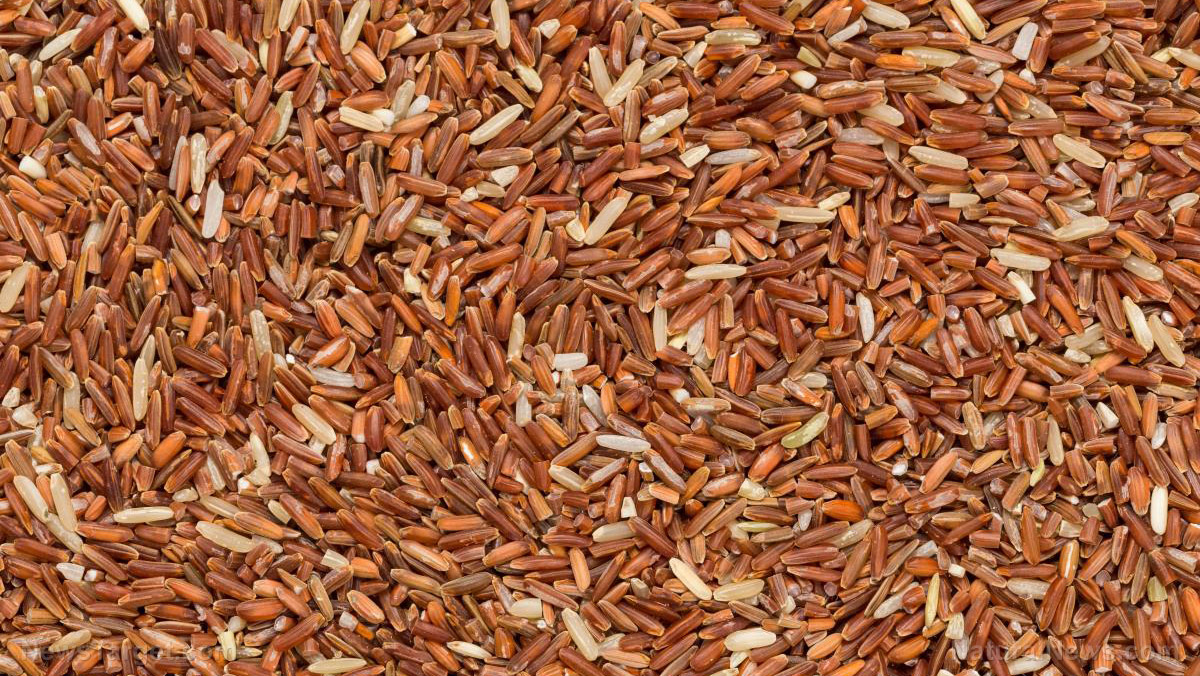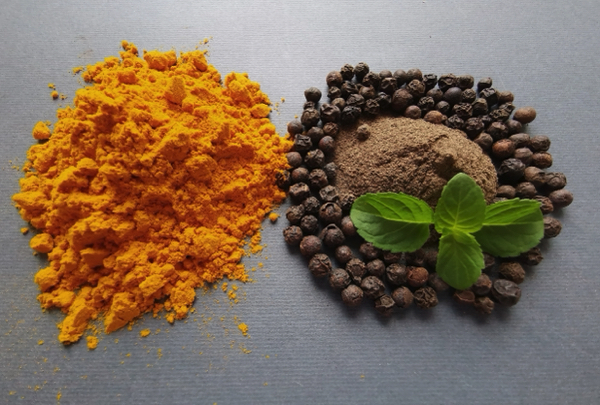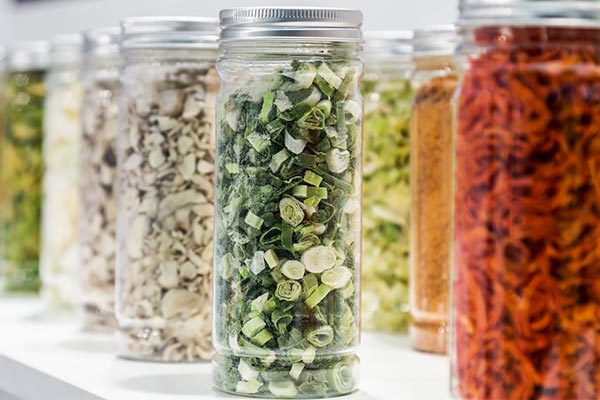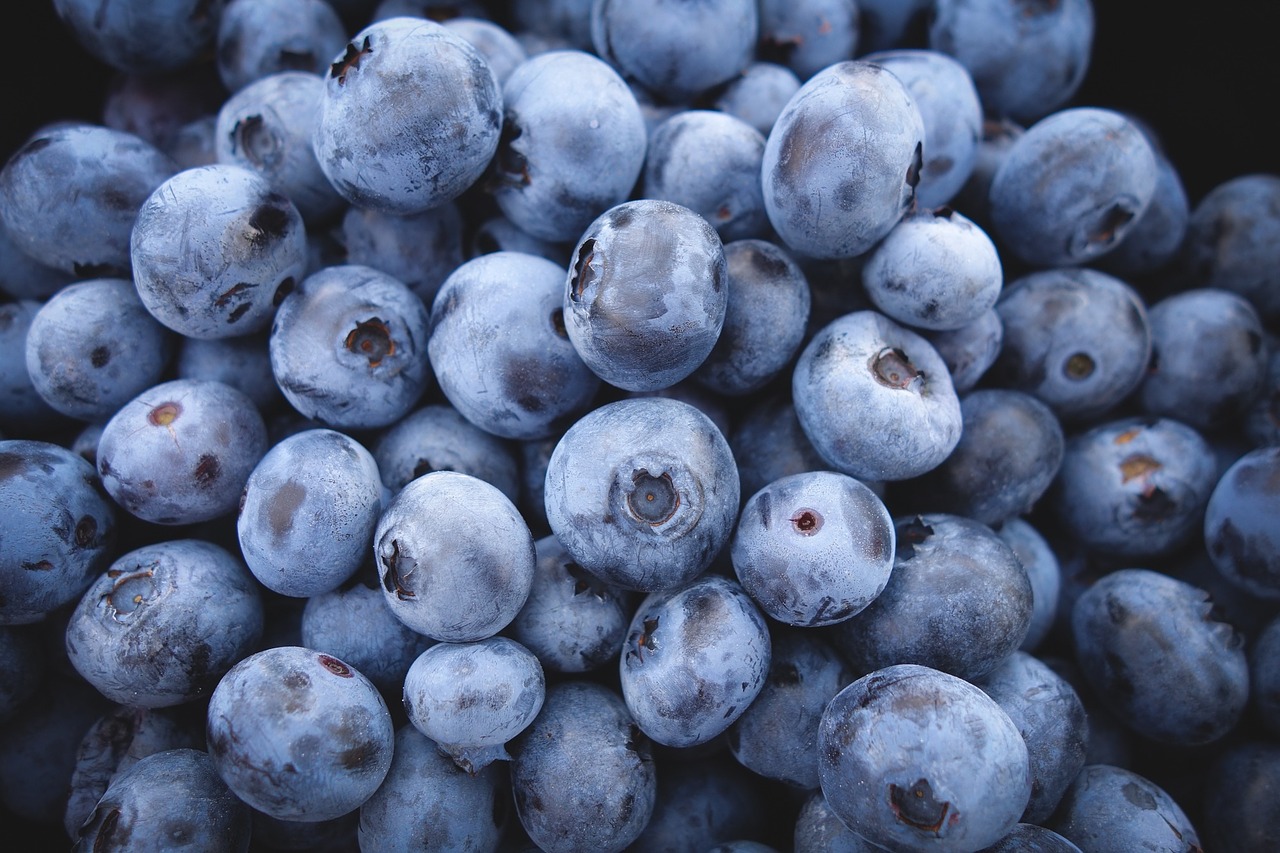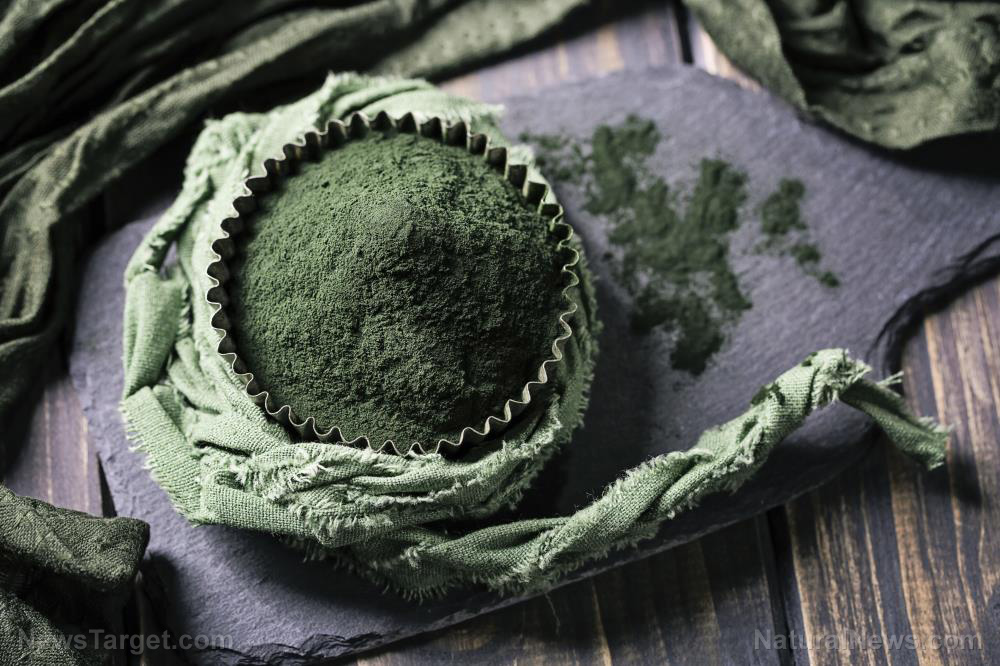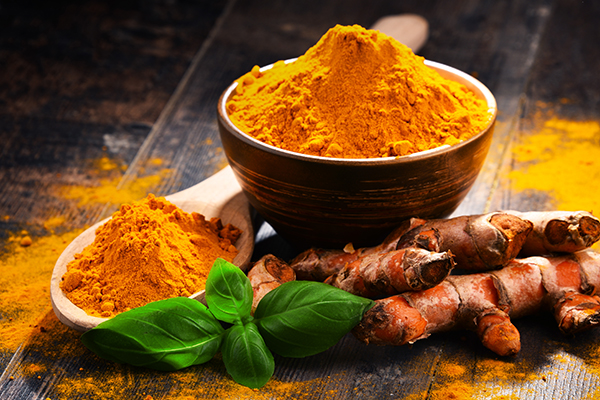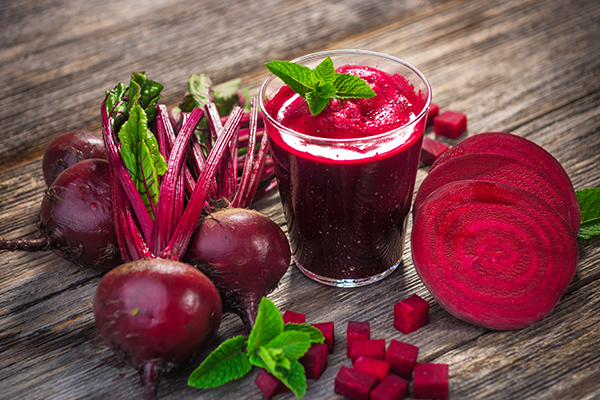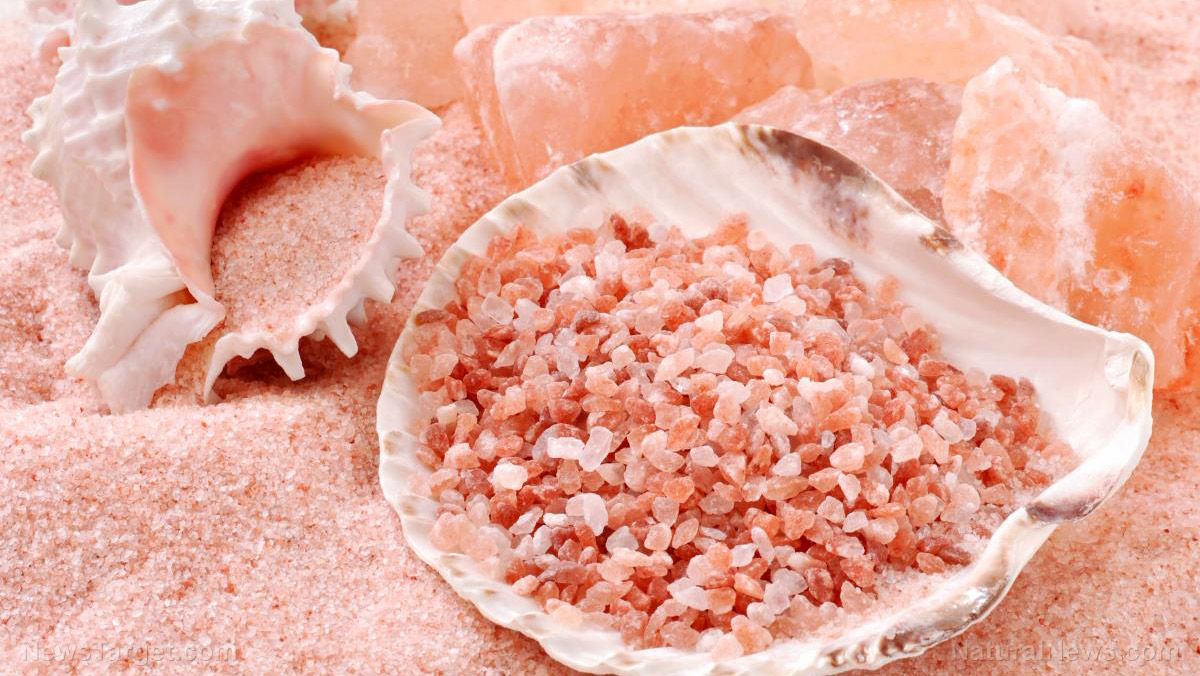PRIME Drinks facing lawsuit after tests show each beverage contains 3X the LIFETIME amount of “forever chemicals”
04/30/2024 / By Ethan Huff

The manufacturer of PRIME Drinks, a popular hydration brand created by influencer Logan Paul, is being sued after the beverages were found to contain three times the amount of “forever chemicals” a person can safely consume in an entire lifetime, according to reports.
Paul’s electrolyte brand was found to contain PFOS (perfluorooctane sulfonic acid), a grouping of toxic chemicals known as perfluorinated alkylated substances (PFAS) that persist inside the body and lead to health conditions like cancer and other chronic illnesses.
“PRIME is now getting sued and you should be seriously concerned if you have any prime since it released,” tweeted the Wall Street Apes (@WallStreetApes) account on X.
“So prime is now going through a new lawsuit after it was discovered that their drink has PFOS which is forever chemicals but what’s really concerning is the fact that the lawyer who tested their drink is claiming it has three times the amount of forever chemicals a human can safely have in their lifetime and the lawsuit is claiming they found these forever chemicals in the grape flavored prime drink.”
EXTREMELY CONCERNING ?
PRIME Drinks is going through a lawsuit. “The lawyer who tested their drink is claiming it has 3x the amount of forever chemicals a human can safely have in their lifetime”
What exactly is it that the FDA even does in America?
“PRIME is now getting sued… pic.twitter.com/FajS6Sfwyb
— Wall Street Apes (@WallStreetApes) April 23, 2024
(Related: Last spring, Canadian scientists came up with a novel filtration method capable of permanently removing forever chemicals from drinking water.)
Skip the PRIME, kiddos
While the grape-flavored version of PRIME was apparently the primary focus of a forever chemicals investigation, it appears as though other flavors of the same brand are also contaminated with PFOS.
“One lawyer on TikTok actually spoke about this and said he had a 10 year old and his mother talked to him about how her son got leukemia after drinking prime. Now knowing that prime contains these chemicals, it’s very much likely because of it,” Wall Street Apes further tweeted.
“These chemicals are known to cause cancers and deteriorate your health since they’re forever chemicals and your body can’t get rid of them. Prime has 3 times the amount of these chemicals a person should have in their lifetime.”
PRIME comes in little single-use packets much like other popular hydration brands, so beware when shopping that you do not accidentally pick one up instead of a better, safer brand.
Also, check out the video below to learn more about other toxic food products sold in the United States that contain deadly chemicals banned in other countries:
U S Food Ingredients vs Other Countries.
American food tends to include a much higher quantity of ingredients like additives that are banned in most European countries. Most American food products feature seed oils, artificial flavors, food dyes & numerous other harmful components. pic.twitter.com/RA4LQaZL0N— Thrilla the Gorilla (@ThrillaRilla369) April 23, 2024
“FDA is a worthless department,” someone commented on X, wondering where the U.S. Food and Drug Administration is in all this (probably too busy going after raw milk and Amish farmers, no doubt). “Get rid of them or make them do their job.”
“FDA cooperates hand-in-hand with Big Pharma,” responded another, explaining that current FDA commissioner Scott Gottlieb also sits on the Board of Directors at Pfizer.
“The food that makes us sick lines pharma’s pockets. They incentivize one another. Just as corrupt as the current regime.”
“Nothing is safe to eat anymore,” said someone else. Stay away from the interior aisles of your grocery store. Even all Campbell’s soups have GMOs now.”
Forever chemicals are a very real threat in the modern world. Learn more at Chemicals.news.
Sources for this article include:
Submit a correction >>
Tagged Under:
cancer criminals, chemicals, clean food watch, dangerous, discoveries, FDA, food supply, forever chemicals, frankenfood, grocery, lawsuit, poison, PRIME Drinks, products, real investigations, stop eating poison, toxic ingredients, toxins
This article may contain statements that reflect the opinion of the author
RECENT NEWS & ARTICLES
COPYRIGHT © 2017 FOOD SCIENCE NEWS

